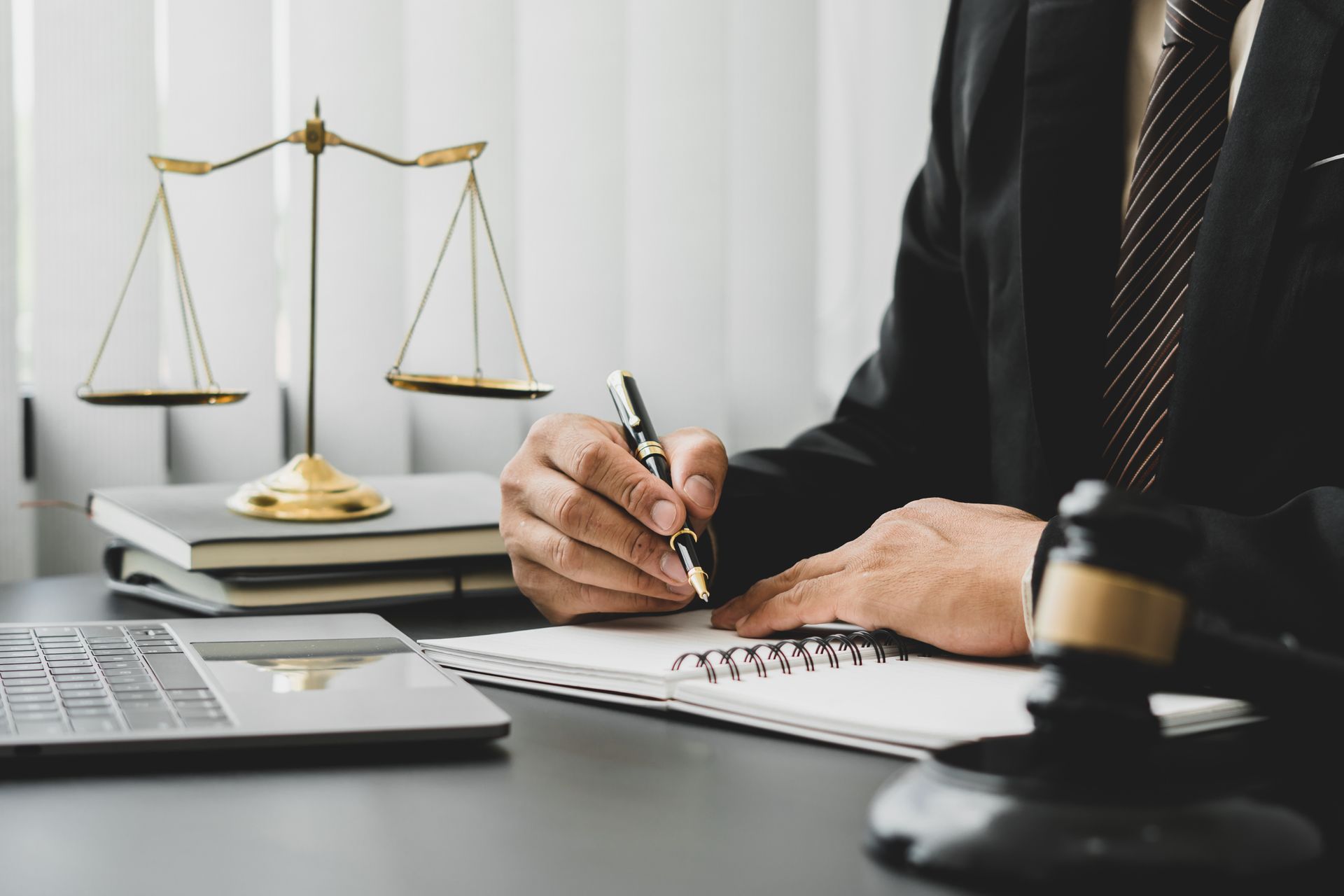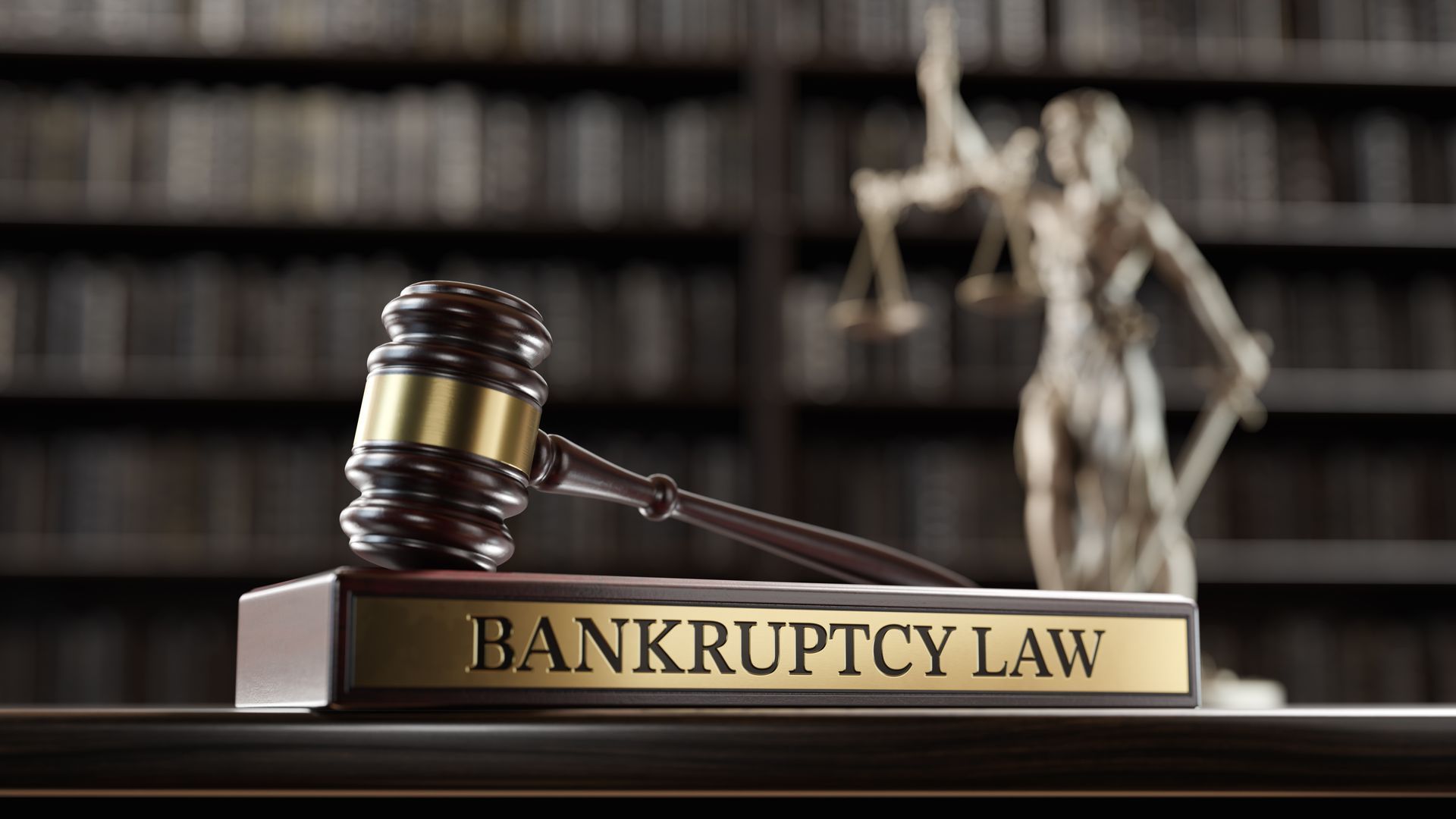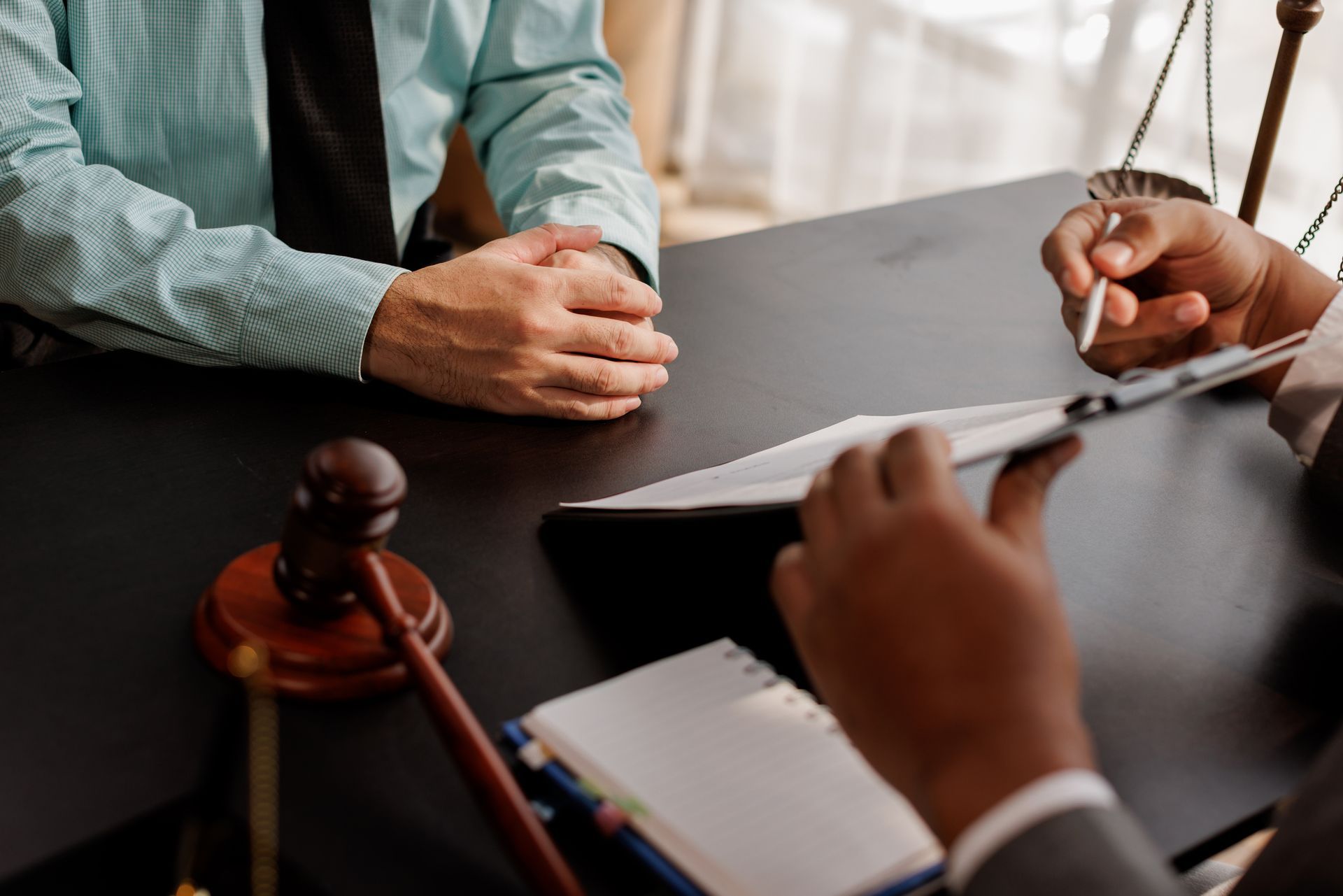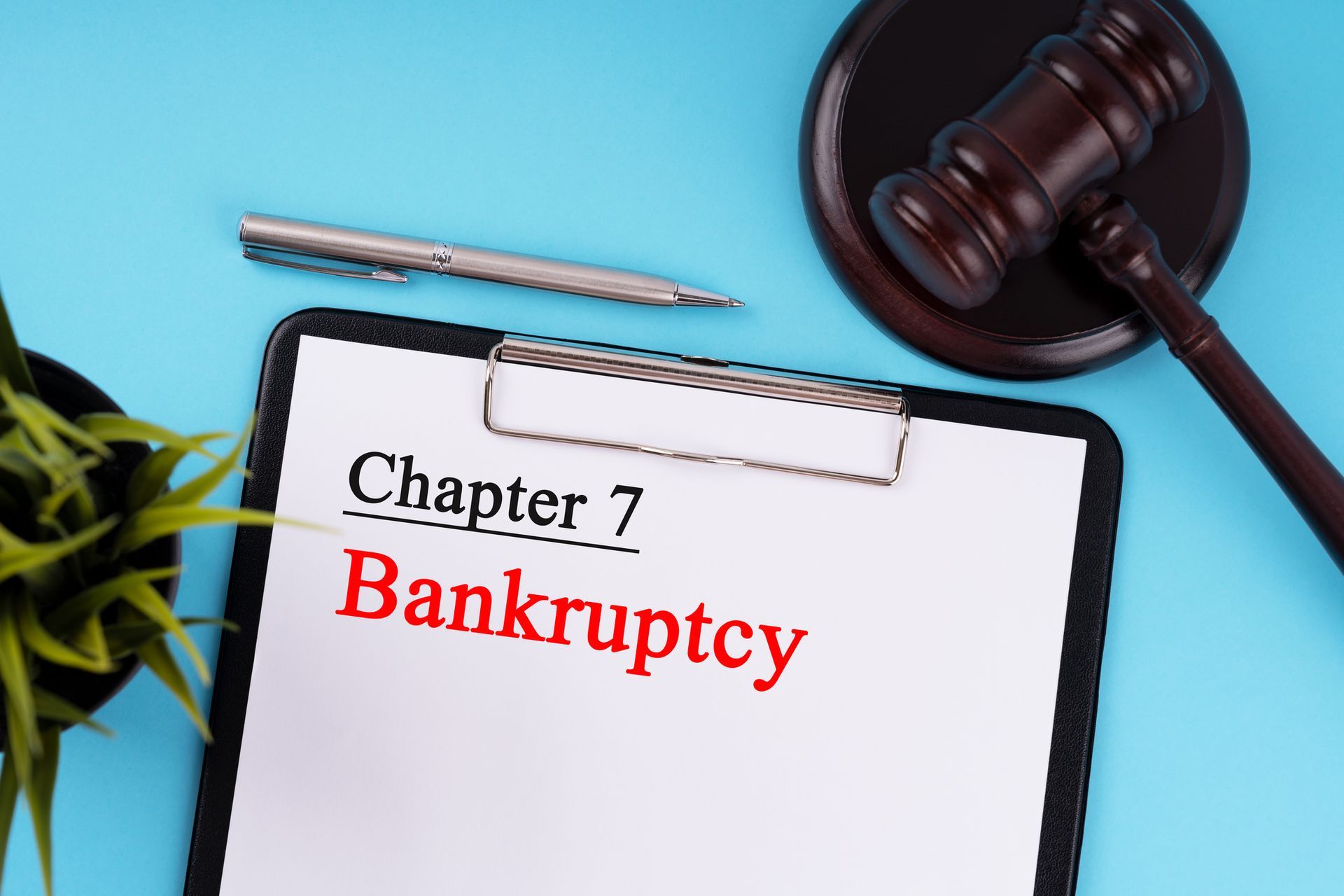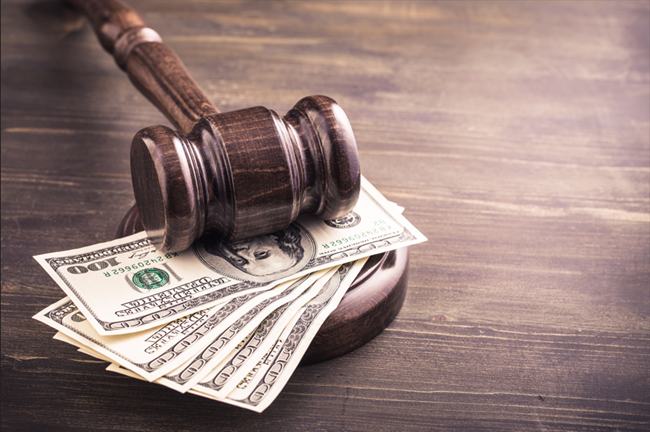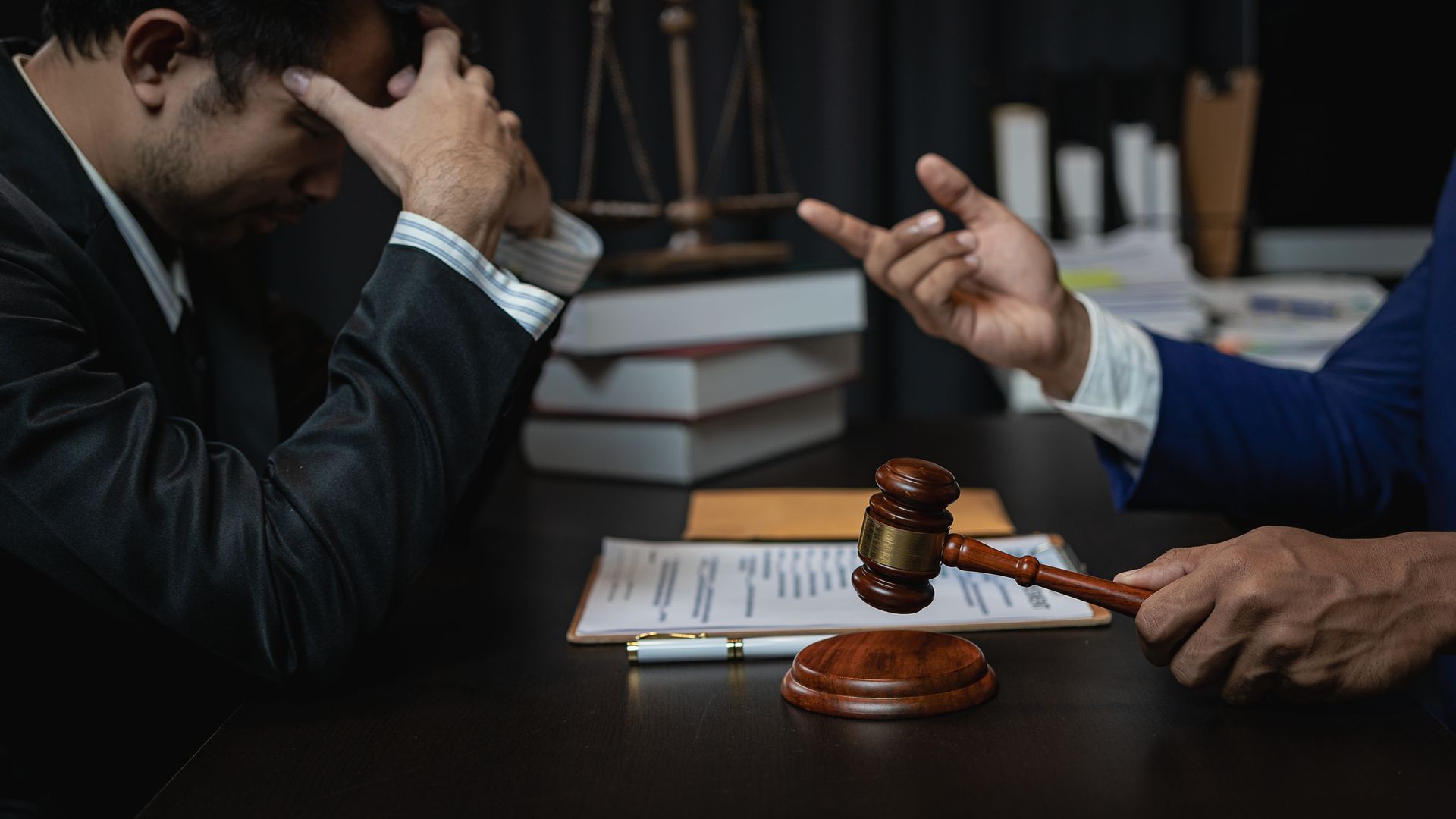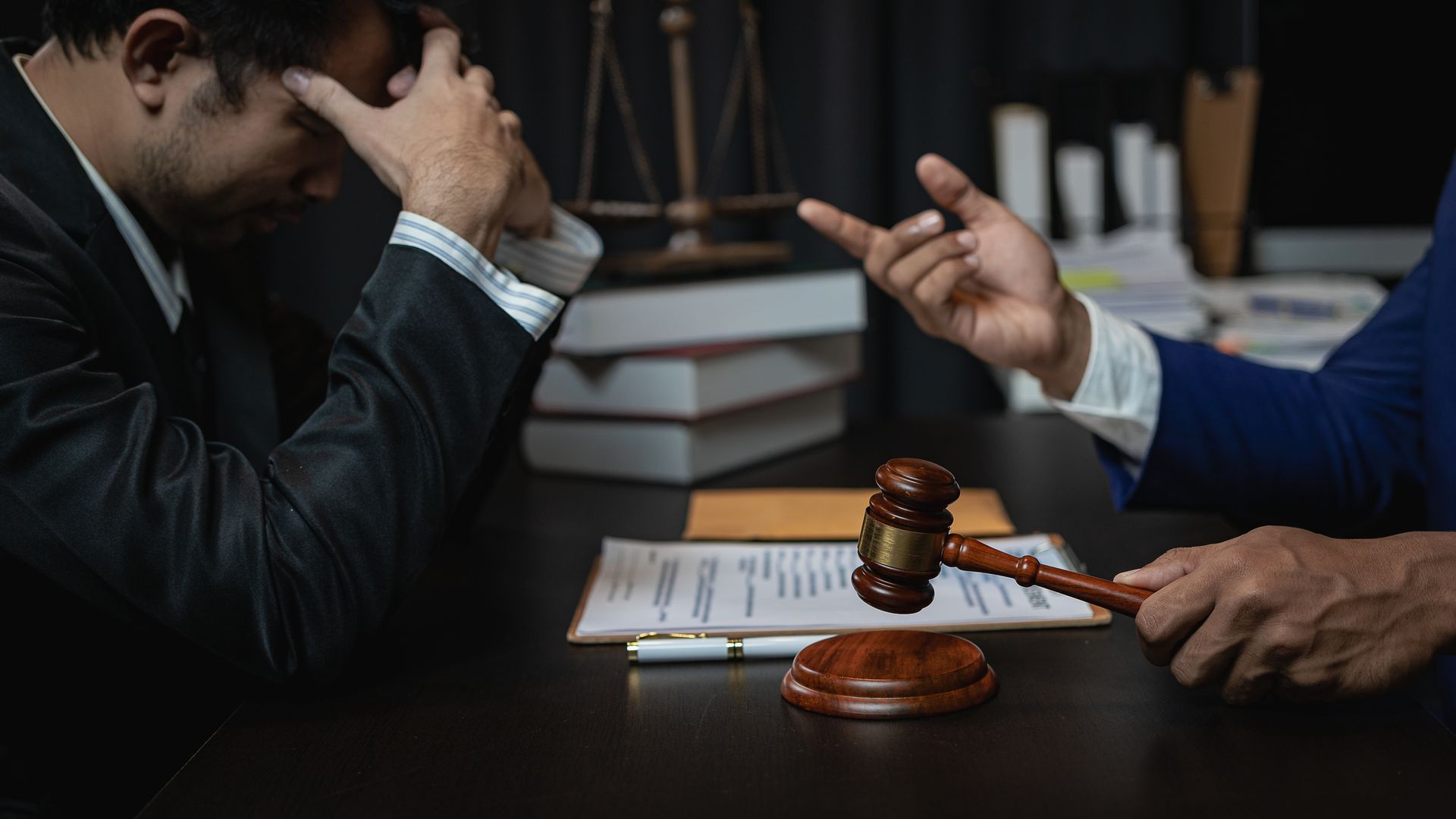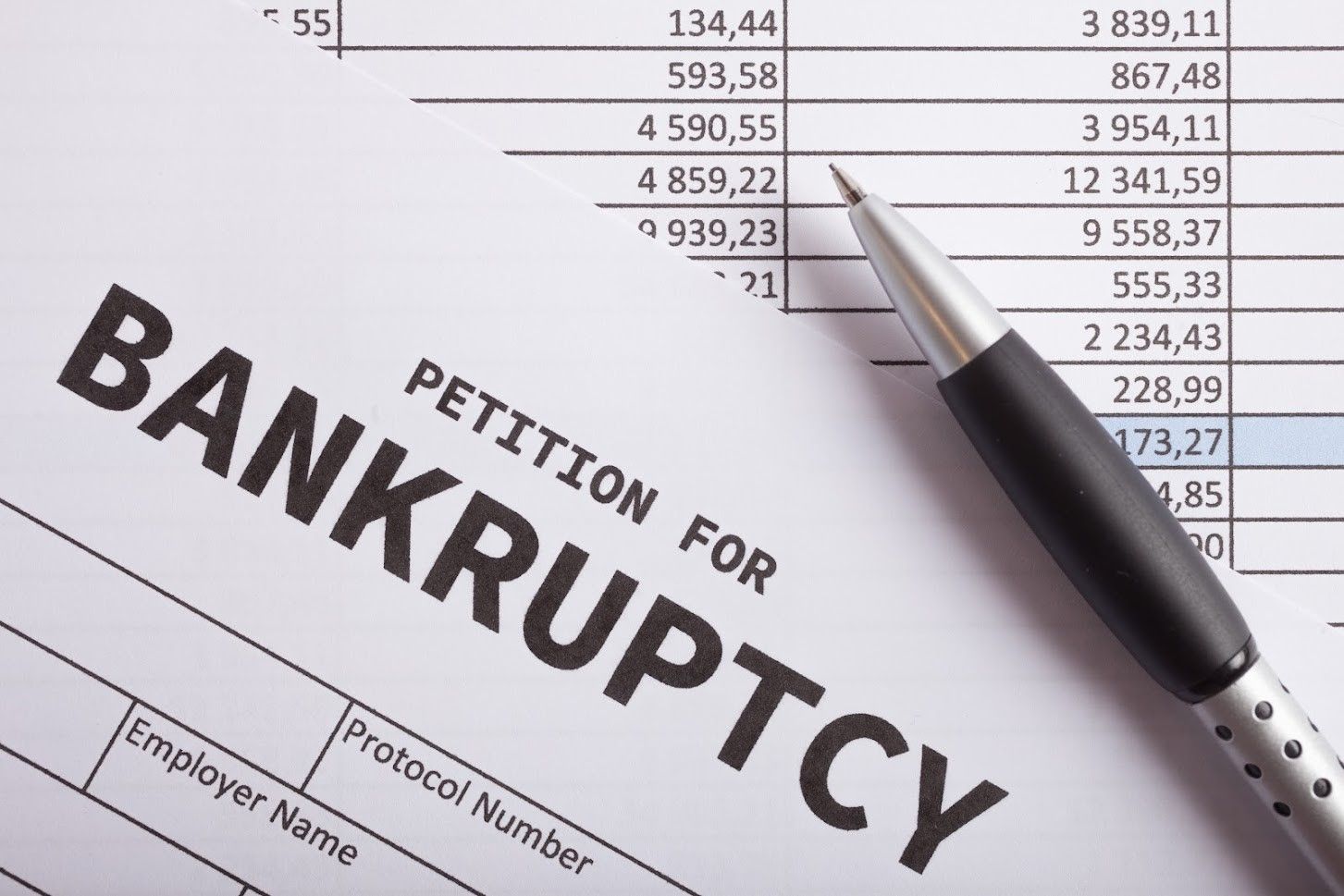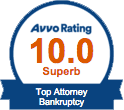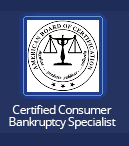Your Guide to Buying a Car in Chapter 13 Bankruptcy
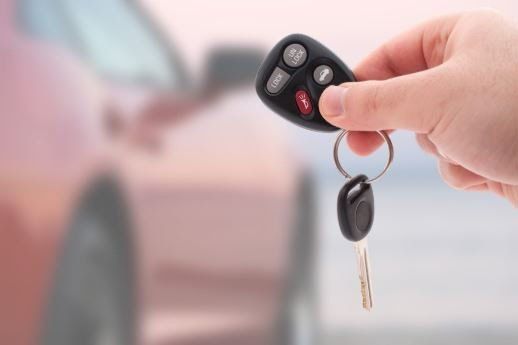
If you have a regular source of income, one option to alleviate the strain of your debt is Chapter 13 bankruptcy. Chapter 13 bankruptcy allows you to consolidate all your qualifying debts into a single monthly payment.
You'll make your Chapter 13 payment for the duration of your bankruptcy plan (between three and five years). When your plan ends, the bankruptcy trustee dismisses the remainder of your qualifying debts.
Some debtors are nervous about filing for Chapter 13 bankruptcy due to the length of the payment plan. A lot can change during the three- to five-year duration of your plan. You may wonder what your options are if you need to purchase a new automobile. Keep reading for everything you need to know about buying a car while in an active Chapter 13 bankruptcy.
You Might Be Allowed to Take on New Debt
Generally, you should avoid taking on new debt while you're in the midst of a Chapter 13 payment plan. However, debtors can take on new debt in certain situations. Before you start shopping for a new-to-you vehicle, you need to procure approval from the bankruptcy trustee to take on the new debt.
To secure approval, you'll need to demonstrate your need for a new vehicle. For example, you might argue that you need a car to get to and from work or that you require a source of transportation to pick up your children. You should also explain that you're seeking to purchase a reasonable vehicle solely for transportation rather than a showy luxury vehicle.
You Need to Know the Impact of a New Loan on Your Bankruptcy Plan Payments
Depending on your bankruptcy trustee's procedures, purchasing a new vehicle may trigger an examination of your monthly plan payment. When you file for Chapter 13 bankruptcy, you agree to use all your discretionary income for debt pay down for the duration of the plan.
Be ready to explain to the bankruptcy trustee how you plan to pay for the new vehicle. They want to make sure that you won't be overextended by the additional monthly payment. Individuals who stretch themselves too thin financially are less likely to successfully complete their Chapter 13 plans.
The bankruptcy trustee may want to examine your finances to determine if you've had an income increase that could trigger an increase in your Chapter 13 plan payment. Small, cost-of-living raises usually don't increase your plan payment, but more significant raises might provide you with leftover income after your expenses.
If your income has gone up, you might be able to argue that the additional expense of your vehicle means that your discretionary income isn't impacted. Don't expect your payment plan to decrease once you buy your vehicle. Though your vehicle is an additional expense, your bankruptcy trustee will likely require you to continue making the same payment as one of the conditions of permitting you to take out a new loan.
You Should Know the Guidelines for Purchasing Your New Vehicle
One of the effects of filing for Chapter 13 bankruptcy is that it negatively impacts your credit. This means that you'll pay a higher interest rate on your auto loan, and you might need to shop around to find a lender who's willing to issue loans to debtors in a Chapter 13 bankruptcy plan.
The higher loan interest rate means that your car payment will be higher than it would be if you had a better credit score. You might be able to lower your interest rate by applying for the loan with a creditworthy cosigner.
Make sure that you consider all the costs associated with purchasing a car (including the loan payment, maintenance costs, taxes, fuel, and registration costs) when deciding if a vehicle is suitable for your budget.
Need relief from your debt? Contact Charles J. Schneider, PC, today to see if you're a candidate for bankruptcy.

